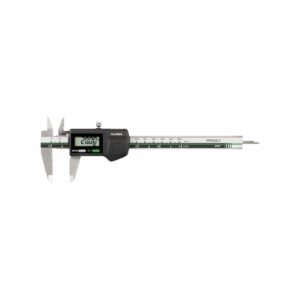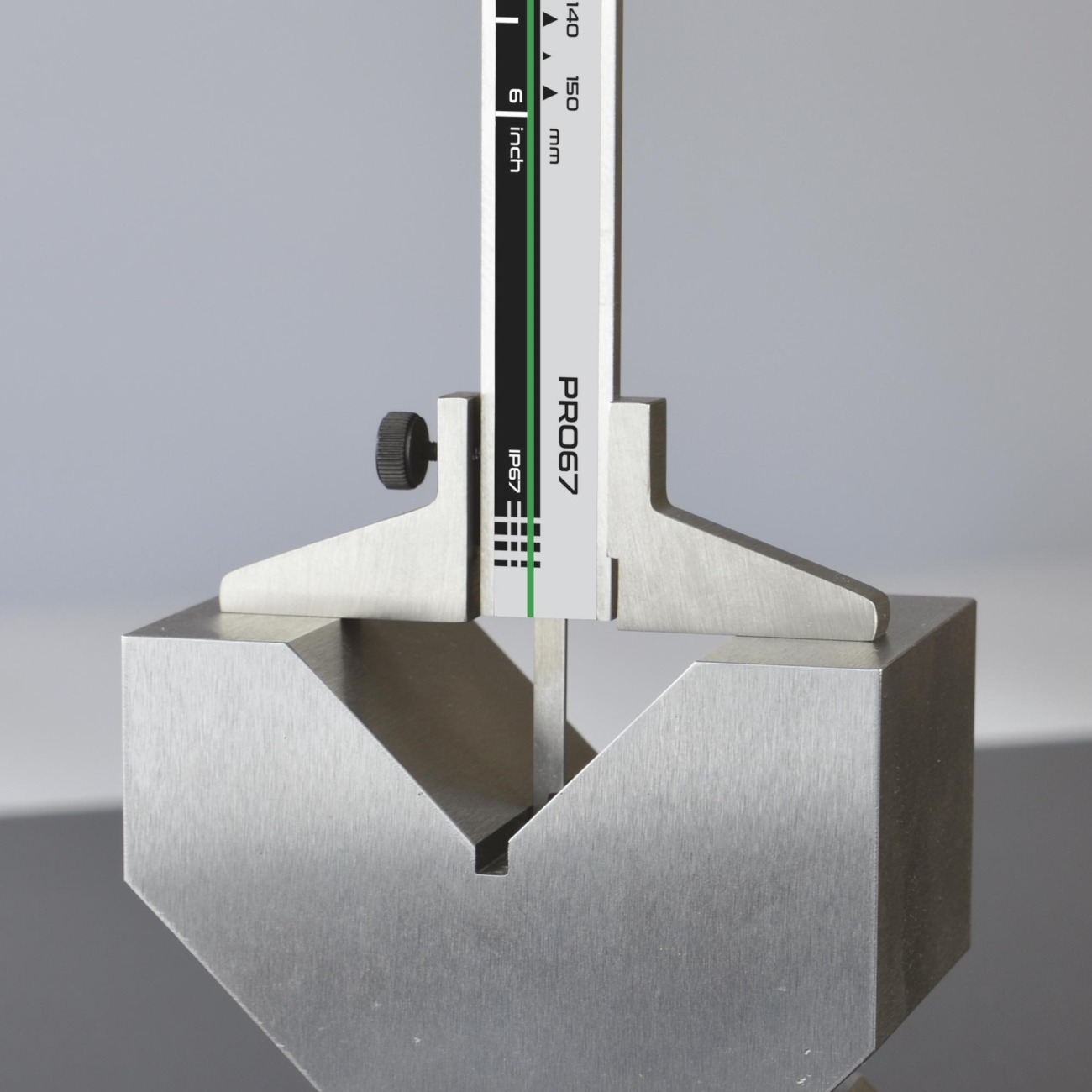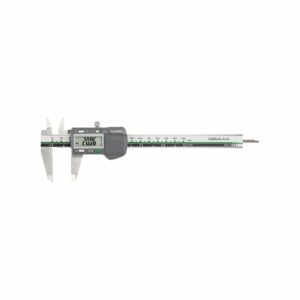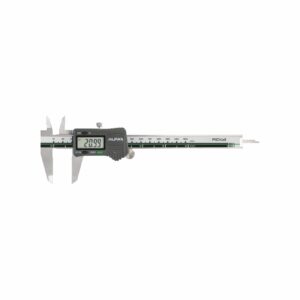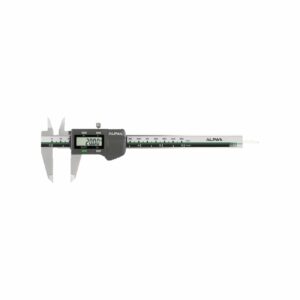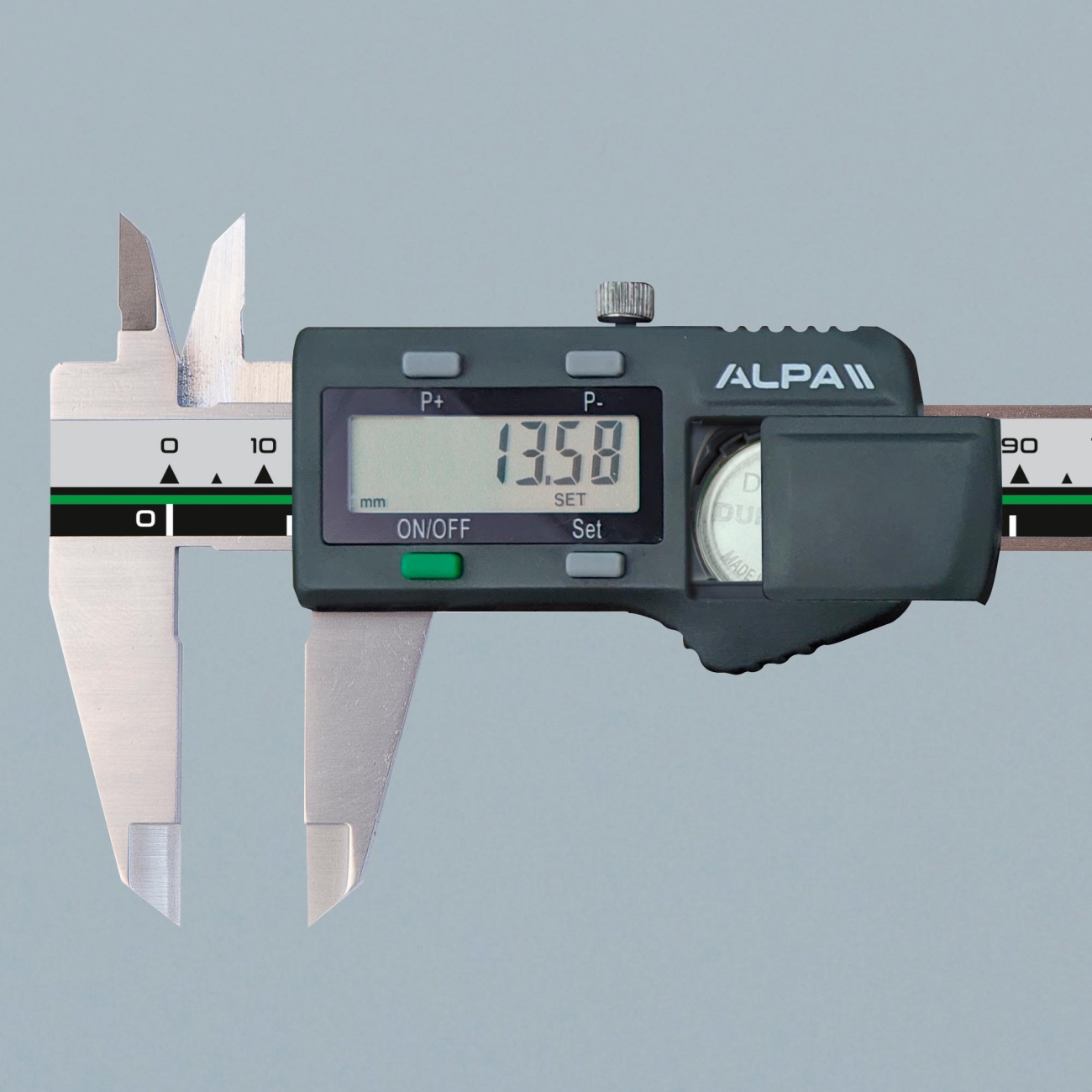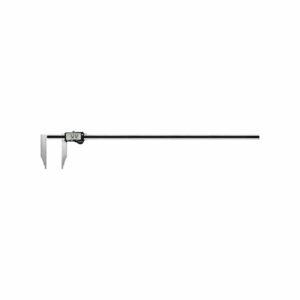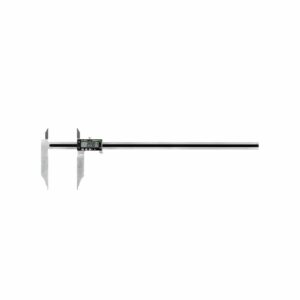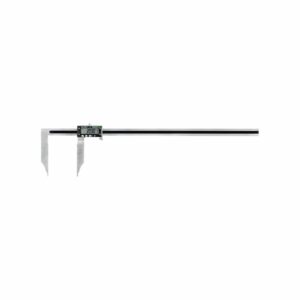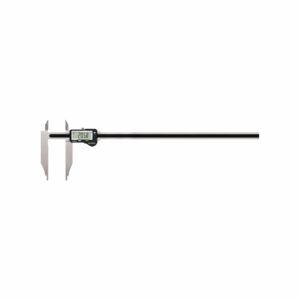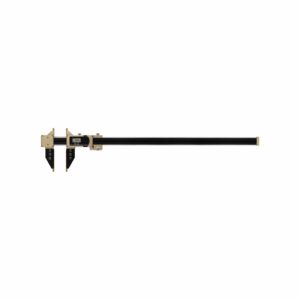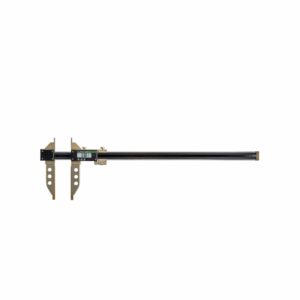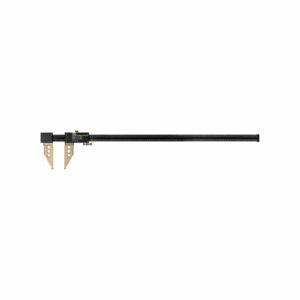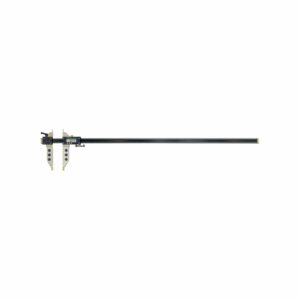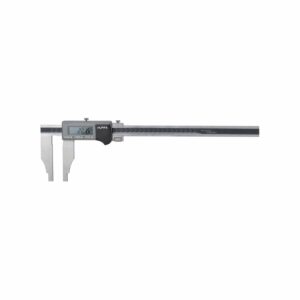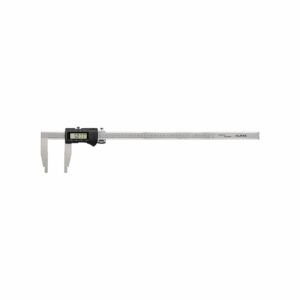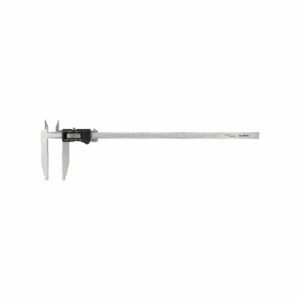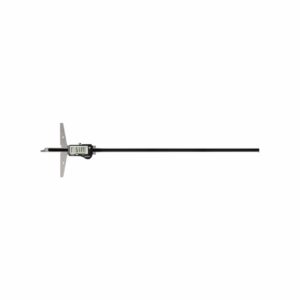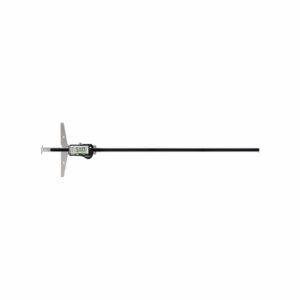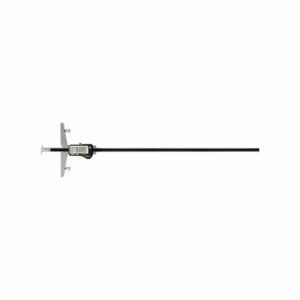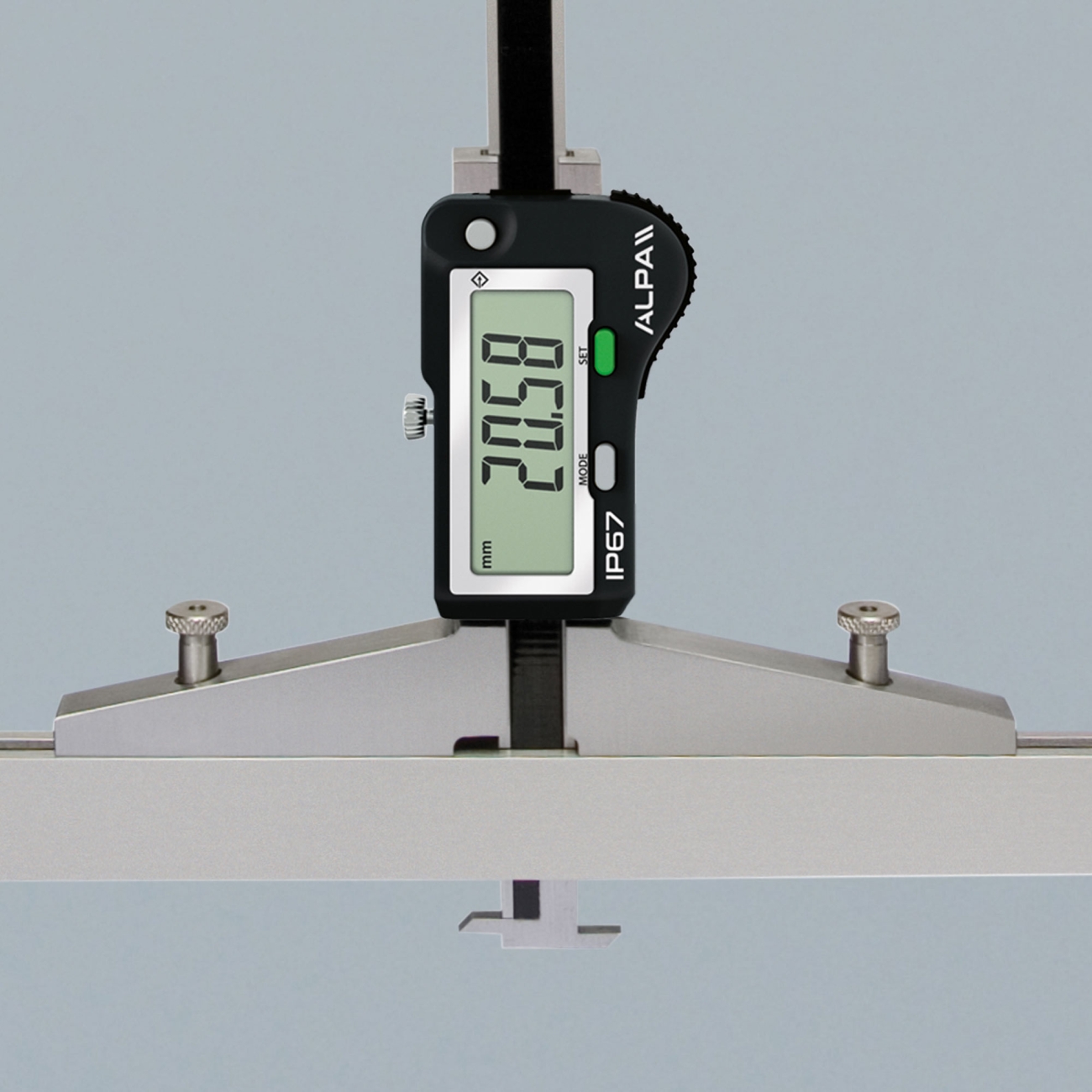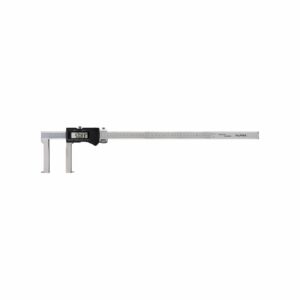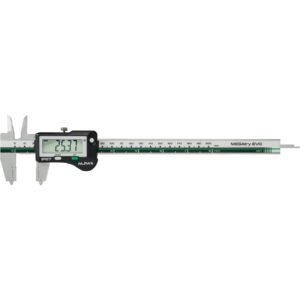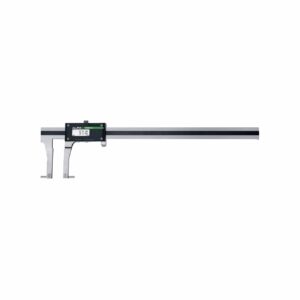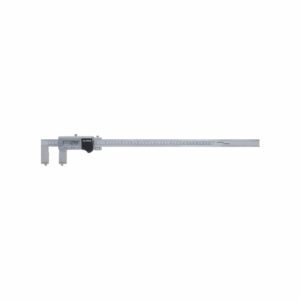In the world of machine shops, accuracy and precision are fundamental elements to guarantee product quality and customer satisfaction. In this context, digital gauges are an indispensable tool for precise and reliable measurements. These advanced measuring instruments are designed to provide accurate digital readings, eliminating the uncertainties associated with traditional gauges. In this in-depth discussion, we will explore what digital gauges are, how they work, their benefits and practical applications in machine shops.
Understanding digital gauges
Digital gauges are measuring instruments used to accurately determine the dimensions of an object. Unlike analogue gauges, which require the reading of a graduated scale, digital gauges provide a direct reading on a digital display. This not only simplifies the measurement process, but also reduces the margin for human error. Digital gauges are equipped with an electronic sensor that detects the position of the jaws and transmits the data to the display, providing an immediate and accurate reading.
Benefits of digital gauges in machine shops
The adoption of digital gauges in machine shops offers several advantages. First of all, the accuracy of measurements is greatly improved. Digital gauges are capable of measuring to an accuracy of up to 0.01 millimetres, making them ideal for applications requiring a high degree of accuracy. In addition, ease of use is another significant advantage. Operators can obtain quick and accurate readings without having to interpret complex scales, thus reducing the time needed for measurements and increasing operational efficiency.
Another important aspect is the ability to store and transfer data. Many modern digital gauges are equipped with USB or Bluetooth connection capabilities, allowing measurement data to be easily transferred to a computer or quality management system. This facilitates data traceability and analysis, improving quality control and process documentation.
Practical applications of digital gauges
Digital gauges find application in a wide range of industries, but are particularly useful in machine shops. They are used to measure external and internal diameters, depths and lengths of mechanical components. For example, in the production of automotive parts, digital gauges are essential to ensure that components meet design specifications. Similarly, in the aerospace industry, where accuracy is crucial, digital gauges are used to verify the dimensions of critical parts.
How to choose the right digital gauge
Choosing the right digital gauge depends on several factors, including the specific application, the required accuracy and the available budget. It is important to consider the measuring range of the gauge, which should be appropriate for the size of the objects to be measured. In addition, the resolution of the display is another key factor; a higher resolution allows more precise measurements.
The build quality and robustness of the gauge are other important considerations, especially in harsh working environments. Digital gauges made of high-quality materials, such as stainless steel, offer greater durability and resistance to wear. Finally, additional features, such as the ability to zero the display in any position or the presence of a data output, can influence the choice of the most suitable gauge for one's needs.
Maintenance and Care of Digital Gauges
To ensure the longevity and accuracy of digital calipers, it is essential to follow proper maintenance practices. After each use, it is advisable to clean the gauge with a soft cloth to remove dust and debris. In addition, it is important to avoid exposing the gauge to extreme temperature and humidity conditions, which could damage the electronic components.
Periodic calibration is another crucial aspect of maintenance. Even the most accurate digital gauges can lose their accuracy over time, so it is important to perform regular checks and, if necessary, calibrate the instrument to ensure reliable measurements.
Answers to frequently asked questions about digital calipers
1. What is the difference between a digital and an analogue gauge?
The main difference lies in the method of reading. Digital gauges offer a direct reading on a display, whereas analogue gauges require the interpretation of a graduated scale.
2. Are digital gauges suitable for all measuring applications?
Although digital gauges are extremely versatile, they may not be suitable for measurements in extreme environments or for very large objects.
3. How do I calibrate a digital gauge?
Calibrating a digital gauge can be done using standard calibration blocks. It is advisable to follow the manufacturer's instructions or use a professional calibration service.
4. What are the best practices for storing a digital caliper?
Store the gauge in a clean, dry place, preferably in its original case, to protect it from shock and contamination.
5. Is it possible to replace the battery of a digital caliper?
Yes, most digital gauges allow battery replacement. It is important to use the type of battery recommended by the manufacturer to ensure proper functioning of the instrument.
In conclusion, digital gauges are a valuable investment for machine shops looking to improve the accuracy and efficiency of their operations. With their ability to provide accurate and reliable measurements, these tools are essential for ensuring product quality and meeting customer needs. Choosing the right digital gauge and maintaining it in optimal condition can make all the difference in the success of a machine shop.
Showing 1–24 of 53 results



